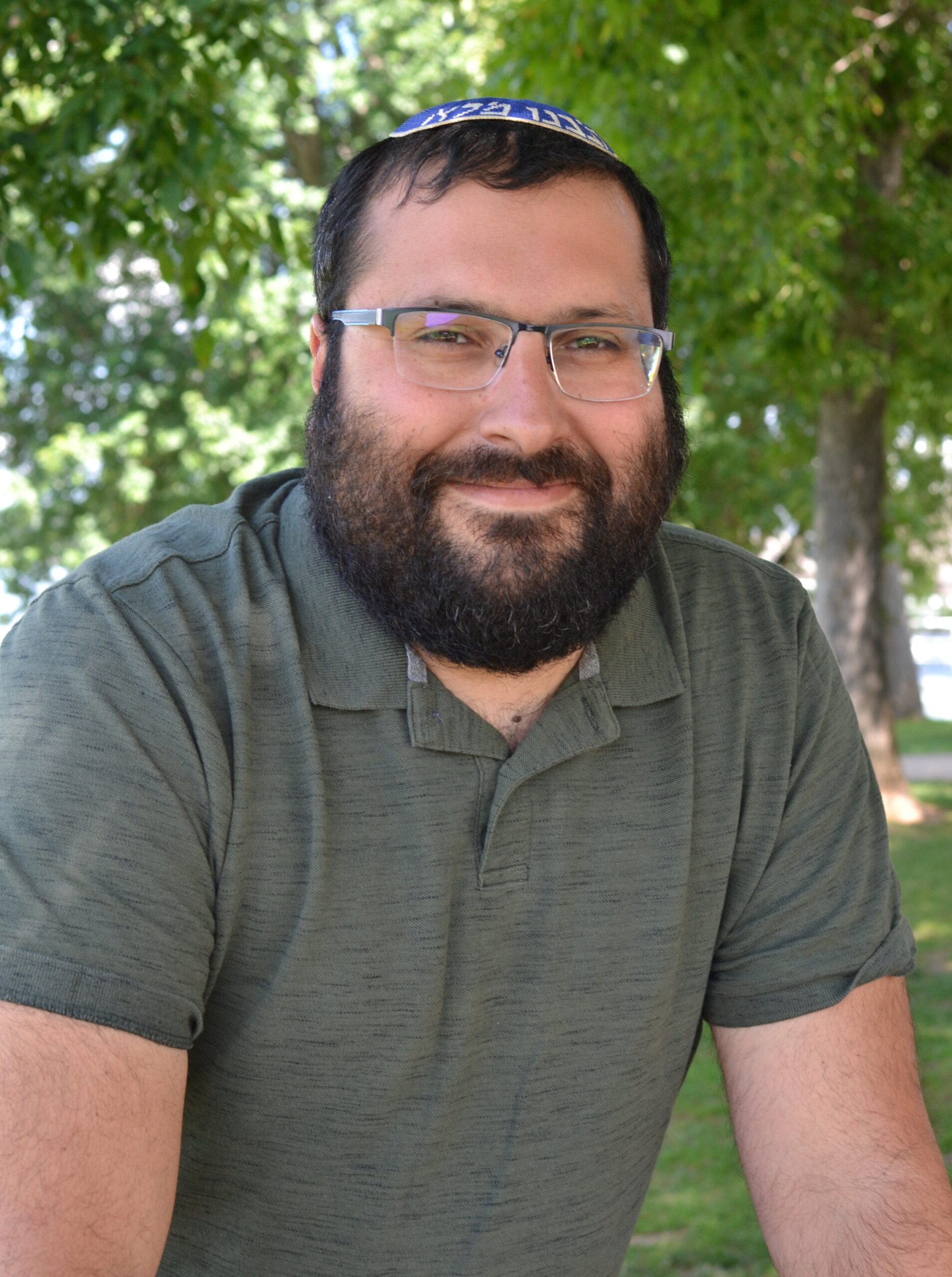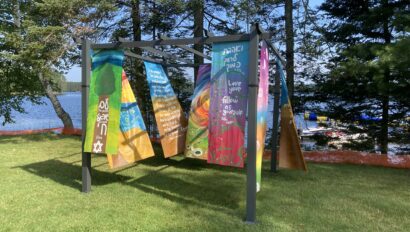Beyond the Summer: Experiencing Camp Year Round
by Jacob Cytryn, Executive Director
We count time in two different ways: by the natural cycles of the earth, the sun, and the moon, and by the artificial implements of civilization. Labor Day marks the official end of summer for the fashion conscious and, usually, amusement parks and public pools, but, depending on where you live, summer can last for days, weeks, or months after the first Monday in September.
One can think about Shabbat similarly. Rabbinic timekeeping is based on the daily rising and setting of the sun and moon; it dictates that Shabbat starts at or before the sun sets (with “candlelighting time” usually fixed outside of Israel at 18 minutes before the sun sets) and Shabbat ends at or after the appearance of three stars. But traditional approaches to Jewish law and liturgy have given much leeway – legal and spiritual – to imagine Shabbat lasting much longer. One approach can even imagine Shabbat lasting the entire week, as we have permission to say the havdalah service which ends Shabbat as late as Tuesday evening and a special part of the morning service we say only on Wednesday concludes with the first words of Kabbalat Shabbat, the service that welcomes the Sabbath Queen on Friday evening.
This is one way of approaching Shabbat: certain times give us permission to make specific blessings which legally effectuate the mitzvot (commandments) incumbent upon us during the day. The other way is more mystical, imagining that each week we experience what the universe experienced as the sixth day of creation concluded and God rested. Encapsulated beautifully by Rabbi Abraham Joshua Heschel in his classic The Sabbath: Its Meaning for Modern Man, Heschel tells the story of a Rabbi who was hiding in a cave and overcome with a desperate craving to smoke. Suddenly the craving left him and he realized Shabbat had begun. This version of Shabbat is cosmic; the blessings may serve important purposes but the twenty-five (or so) hours of Shabbat are inherently holy.
So, nu, what does this have to do with camp? Camp is bounded physically and temporally by our presence there for somewhere between five days and eleven weeks. Can camp be camp if we’re not in camp? This past month has given me ample opportunities to reflect on that question as I’ve re-acclimated to life in the city with my family, celebrated two weddings and one bat mitzvah that embodied the best of Camp Ramah in Wisconsin, and answered many many people asking me how the summer was and how I’m doing now that it’s over.
This Shabbat morning, I’ll be thinking of camp as we read the haftorah. For reasons I won’t dwell on here, the readings from the nevi’im (prophets) at this time of year are all taken from the last third of Isaiah and contribute disproportionately to the language and imagery of the great poem L’cha Dodi which we recite every Friday evening. In this week’s haftorah, from Isaiah 51, we have three separate phrases that the author of L’cha Dodi pulls into the prayer. Reading those words will pull me back to the physical space of our beit k’nesset (synagogue) we build each Friday by the lake or in the Beit Am auditorium, and it will also remind me of the intertextual playfulness that has characterized our tradition for centuries and that we continue to cultivate in our community at Ramah.
I did the math recently and I’ve spent just about five whole years of my life at camp since I started in 1992; five years out of nearly 38. Nearly one sixth of my life, and climbing. At different points in the last twenty-eight years, different aspects of camp have spilled over into the rest of the year. I think first it was friends. It was, for a time, patterns of speech and fads that were popular at camp in any given summer. It became, in late adolescence, a comfort with the identity I assumed at camp every summer and wanting to make that person the one I could be every day. Somewhere in there my religious and intellectual outlook, which I knew camp had shaped enormously, also became one united whole.
Camp is a community and a way of being, an outlook on the world and a sense of our place within it. In those ways it is not dependent on geography or on people, though our introduction to the idea that is “camp” cannot happen without being in the place with the people who shape our journey.
I encourage all of our current campers, staff, and alumni, to find more ways to bring camp into your day-to-day lives. Think of it as something as fun, quirky, and subtly transgressive as doing havdalah on Tuesday, or wearing white next week, even though Labor Day is already in the rear-view mirror.
Shabbat Shalom.







